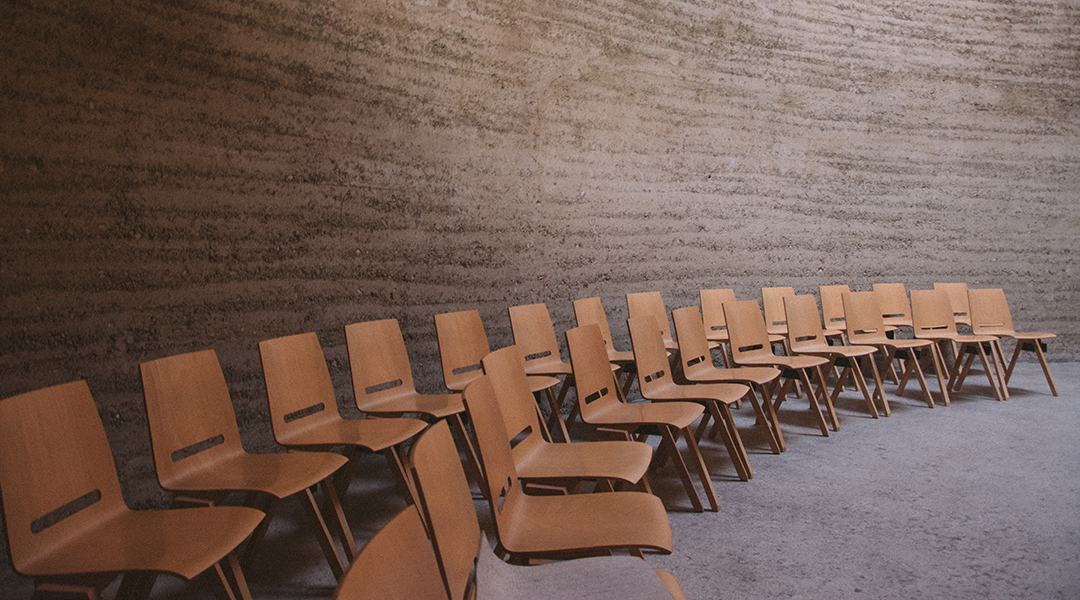A professor’s perspective
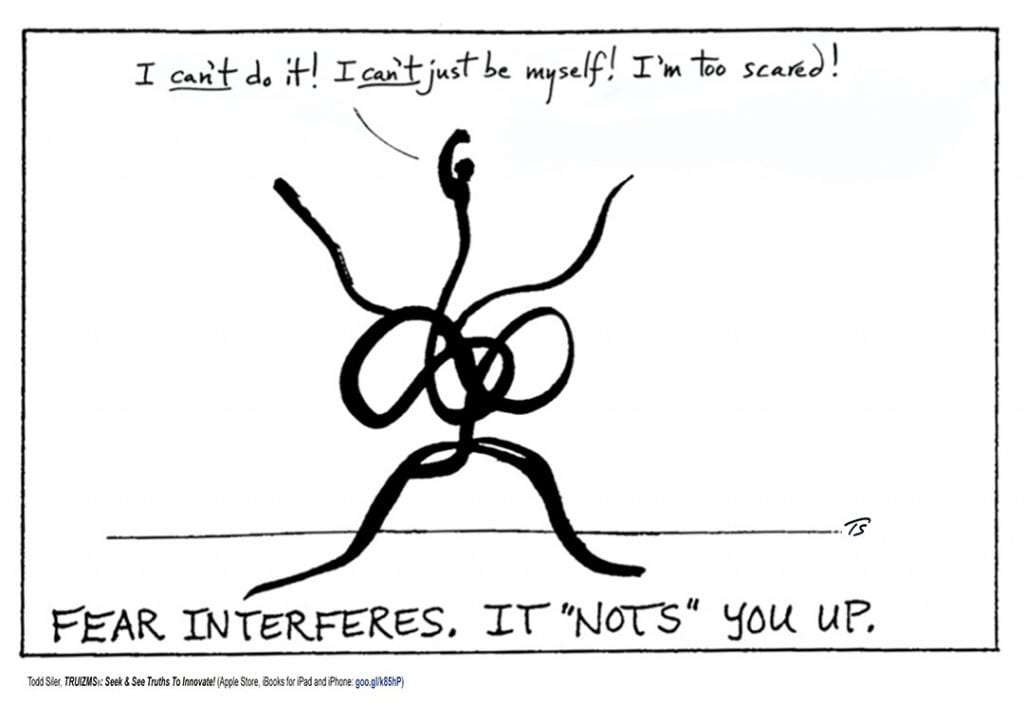
It is fortunate that I have not been forced to retire from my full-time teaching, research, and administrative faculty position in the Chemistry Department at the University of Toronto, yet, not so fortunate that I have been forced by the current pandemic to have to learn how to become an online teacher. Nevertheless, I have miraculously managed, with the assistance of my impressive online University of Toronto trainer, and learned how to come to grips with the mechanics of using our university’s online system for delivering and recording lectures and tutorials, setting, marking and grading assignments and exams.
Prepared and waiting in trepidation for my first online teaching experience in the fall term of 2020, I am wondering how my 50 years of teaching live to thousands of undergraduate and graduate students — which have always been well-received according to personal feedback and course evaluations from students — will be received when I find myself teaching in cyberspace.
I explained my predicament to my granddaughter, a highly talented high school student, and asked for her thoughts on her experience of online learning in a pandemic. I found her perspective on the “new-normal” of learning online, while isolated at home, to be exceptionally insightful, extremely valuable, and most enlightening. She clearly presented a number of important take-away messages for instructors at high schools and universities who are trying to figure out under stress how to make an online teaching experience at home as close as possible, if not better, than in the classroom or lecture theater. My artist friend and colleague Todd Siler expressed some of his impressions on the subject through his inimitable worldly insights and experiences in the form of his TRUIZMs, Seek, and See Truths to Innovate.
A student’s perspective
The whole world is being challenged momentarily. Everyday routines and habits have come to a halt and we are getting used to new daily schedules. School is now online for many students worldwide, and the idea and introduction of online-schooling was quickly sprung upon us. It has been very difficult to get used to this “new normal” system and operate not only as a student, but equally a teacher.
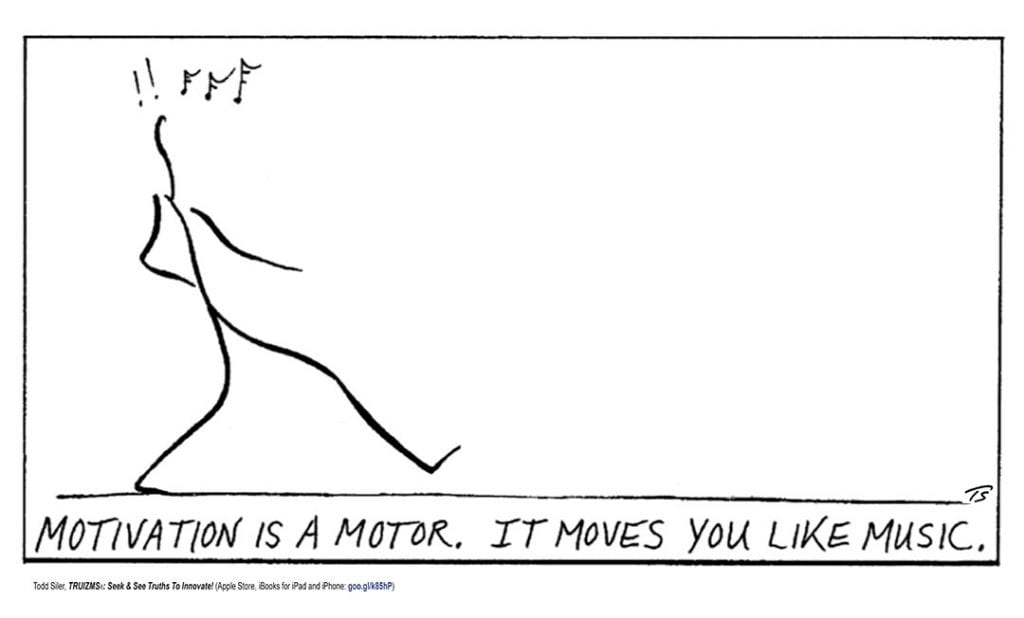
I am a student. Two months of online school have now passed. Every day my classmates’, teachers, and I are faced with new challenges and obstacles. The best way to overcome them is together through finding best possible solutions in the moment. My exams have been cancelled and all my classes are taking place online. The online schooling system is benefiting certain subjects but is also causing big drawbacks for others. I believe the more creative and art-linked subjects are actually benefiting from online teaching. These subjects need inspiration and time, which under confinement, is not a problem. I find that I finally have time, solitude, and space to let my creativity run and explore my ideas. On the other hand, I am missing the input from other students and being able to inspire one another. The sciences I am finding quite difficult to follow. The “wet lab” experiments and human interaction is missing. Moreover, hours of staring at my laptop, slowly feeling my eyes starting to burn from the bright light is not an optimal way to keep up learning.
Motivation-wise, I am finding it really hard to get out of bed, to attend classes and complete the assignments. I admit, I have even put my phone on mute and had a nap in physics class while in bed. My teachers are still trying to figure out the whole system, how to grade us, and how to monitor how heavy our workload is or should be. It seems to be very hard for the teachers to asses our level and understanding as they are not able to get their normal feedback of extreme boredom or excitement on our faces. I am often in the situation where my workload is heavy. There is clearly a lack of motivation and determination on both sides of the screen. Teachers are telling us that they feel like they are talking to a wall, they are running out of creative ways to keep us interested and ways to promote our learning and effort. I am especially lacking motivation when it comes to subjects that do not interest me heavily. Learning alone is not an interesting way of broadening my knowledge and expanding my understanding. I am missing the social component of school, the collaboration and sharing of ideas and thoughts. The importance of human contact and the social side of school is significant and is being highlighted through this crisis.
As a student, this whole situation is giving me time to reflect on my interests and I am exploring different ways of learning. I am able to see what way I learn best and use this to my advantage. This is greatly benefiting me and how I imagine university would be like. I believe that all students are learning how to be more independent. I hope for both ends of the equation that we get back to normality soon and use and benefit from the new skills that we have learnt in this period of time.
Artist’s impressions
Online learning is not like listening to my favorite music and feeling totally energized by it, and, absorbed listening to it. It is not like watching great movies and feeling inspired by them! Why can’t school be that enthralling? Why can’t the process of learning be that engrossing and that much fun?! Who says my class in solid state physics can’t put me in the best state of mind the same way, I heard, that physicist Richard Feynman’s animated lectures excited everyone. In fact, I read somewhere that Dr. Feynman used all sorts of visual aids and instruments and pedagogical playthings — from percussion instruments to paper plates — to show-and-describe the complexities of the physical world. And everyone got the concepts he was conveying instantly! Why can’t education be inspirational and motivational like that, regardless of whether I’m Zooming, Face Timing, or Skyping with my class during this COVID-19 pandemic! It’s not just entertaining or “edutainment.” It’s enriched informal learning!
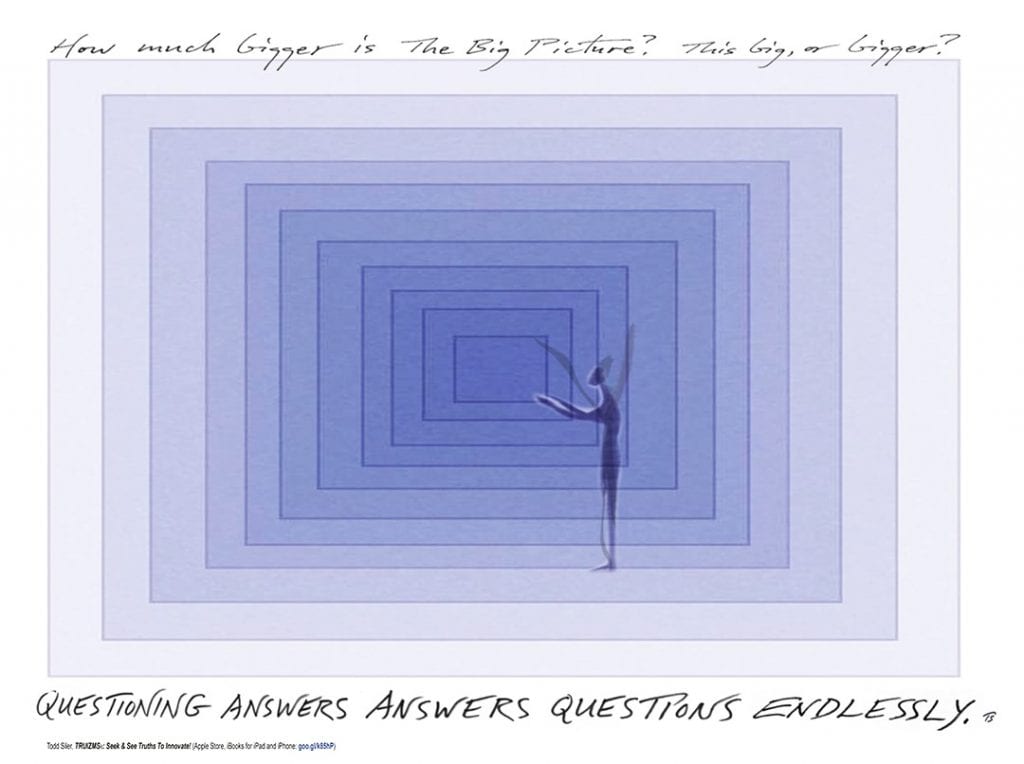
We have no perfect answers to teaching during and after the COVID-19 pandemic. For instance, how deep do we have to look into “dimensionalizing” the theater of teaching? In fact, perhaps we would be wise to question any-and-all “patented” answers as to how to teach “the best” and still have time to rest!
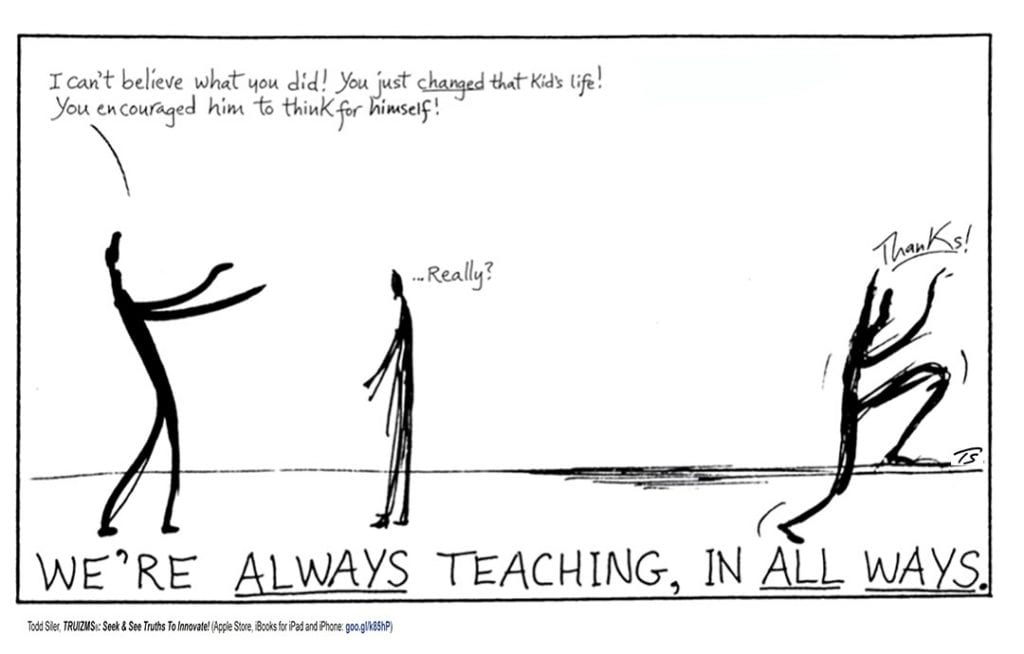

Written by: Lena Rosa Hofsäss, Geoffrey Ozin, and Todd Siler

